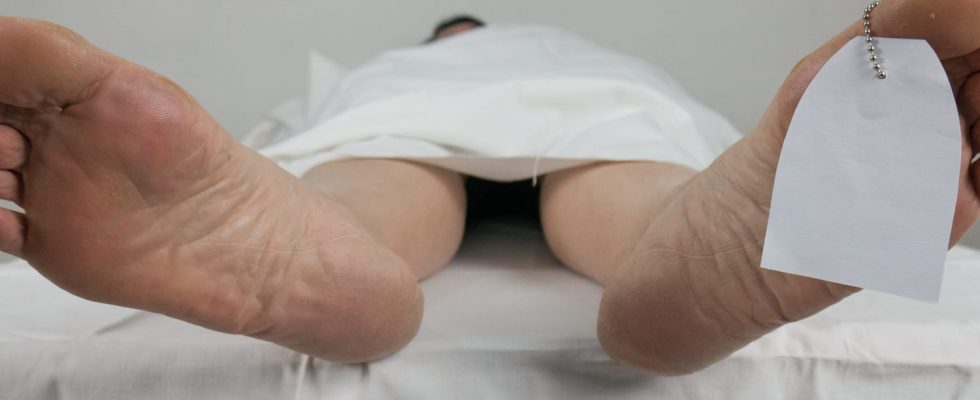All death must be certified by a doctor carrying out a diagnosis or special examinations to prove the state of death (cerebral, sudden or not, etc.).
Medically, what is death?
Death means the end of all life inside an organism. Death occurs when all organic processes have ceased to function. Death means the end of life. In humans, death is determined bycessation of brain functions and the start of decomposition from the body. Heart failure does not mean death and is qualified as clinical death.
Who must certify the death of a person?
Death must be certified by doctor.
What tests should be done to confirm brain death?
“There are elements that allow us to say that the person is officially deceased, even if they are still on life support. For example, having two flat electroencephalograms, that is to say which do not fall no electrical activity, at 24 hour intervals. When the person is not hypothermic or under the influence of barbiturates, it can be considered that he is officially dead. The other way to prove it legally is to do a brain scan with injection of iodized product into the arteries to see that the brain is no longer irrigated. It is the report of this brain death which officially asserts the death”, explains Dr. Stéphane Malbranque, forensic pathologist at the University Hospital of Angers. In the event of brain death, under artificial respiration, the organic functions can be maintained, in particular with a view to transplantation.
What tests should be done to confirm sudden death?
In case of sudden death, post-mortem examinations are made to try to find a cause. “We will first look to see if there is an organ that is macroscopically diseased, then we will remove some of the tissues that seem diseased to carry out a microscopic study, this is calledpathological study“, notes the medical examiner. blood samples are then carried out. “We go research genetic diseases which give heart rhythm disturbances, especially when the heart has stopped without signs of pain at autopsy, and notice if there are signs of infection because certain germs can cause respiratory distress”, adds the specialist. So there is genetic research but also an infectious search for germs that could lead to death or even biochemical research if ever people were suffering from rare pathologies.
What tests should be done to confirm sudden cardiac death?
“We first make a autopsy then one heart analysis looking for microscopic pathologies and then we do genetic research to see if there are not genetic mutations that can lead to arrhythmias or problems with the circulation of calcium in the heart cells”, observes the specialist.
Thanks to Dr Stéphane Malbranque, medical examiner at the University Hospital of Angers.
